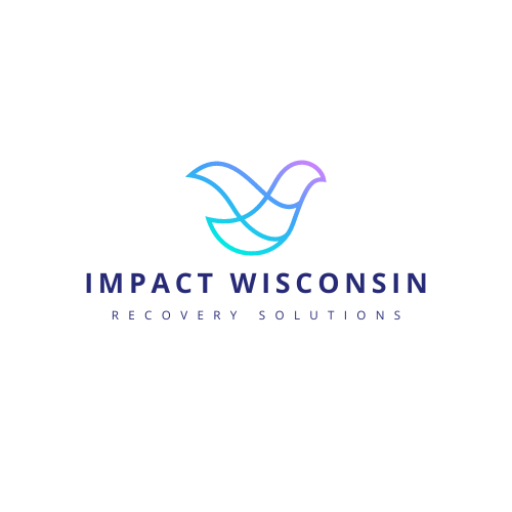Training Curriculum Overview
Objective
Empower individuals with lived experience to support others in their journey of recovery from substance use disorders and mental health issues, leveraging personal insights for peer support.
Duration
40 hours
Format
Hybrid (Online and In-Person)
Target Audience
Individuals recovering from substance use disorder or mental health problems interested in supporting others on their recovery journey.
Module Breakdown
Module 1: Introduction to Peer Support and Values
- Duration: 5 hours
- Content: Introduction to the course and an exploration of the core values underlying peer support, including the belief in recovery, respect for diversity, importance of empathy, self-awareness, and lifelong learning.
- Activities: Interactive discussions, reflection journals, and empathy exercises.
Module 2: Foundations of Recovery
- Duration: 10 hours
- Content: In-depth exploration of recovery as defined by SAMHSA, understanding of mental health and substance use disorders, basic neuroscience behind addiction, impact of trauma, and the holistic approach to recovery.
- Activities: Online modules, guest lectures, case studies, and group discussions.
Module 3: Roles and Responsibilities of Peer Specialists
- Duration: 10 hours
- Content: Rights of peers seeking support, ethics and boundaries, confidentiality, creating trauma-sensitive environments, and cultural competency.
- Activities: Role-playing scenarios, ethical dilemma discussions, and in-person workshops on confidentiality practices.
Module 4: Practical Skills for Peer Support
- Duration: 13 hours
- Content: Developing skills for inspiring hope, problem-solving, supporting life choices, crisis intervention, effective communication, resource location, and teamwork.
- Activities: Skill-building exercises, resource mapping projects, mock counseling sessions, and feedback sessions.
Module 5: Exam and Competency Assessment
- Duration: 2 hours
- Content: A comprehensive examination designed to assess the knowledge and skills acquired during the training. This may include written responses, scenario-based questions, and demonstrations of practical skills.
- Activities: Written exam and practical demonstrations.
Evaluation
Participants will be evaluated based on their performance in practical exercises, participation in discussions, completion of online modules, and scores on the final exam. A certificate of completion will be awarded to those who demonstrate proficiency in the core competencies.
Materials and Resources
- Access to online learning platform for digital content and resources.
- Reading materials covering the neuroscience of mental health and addiction, stages of recovery, and person-centered care principles.
- Access to a network of guest speakers and mentors with expertise in substance use disorders, mental health recovery, and peer support.
Special Considerations
This curriculum will be designed with sensitivity to the diverse backgrounds of participants, including cultural and linguistic diversity, and accessibility for individuals with disabilities.
This curriculum framework provides a comprehensive approach to training Peer Resiliency Support Professionals, ensuring they are well-equipped to support others in their recovery journey.
